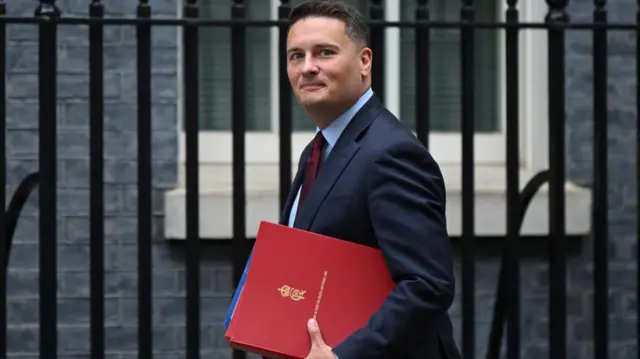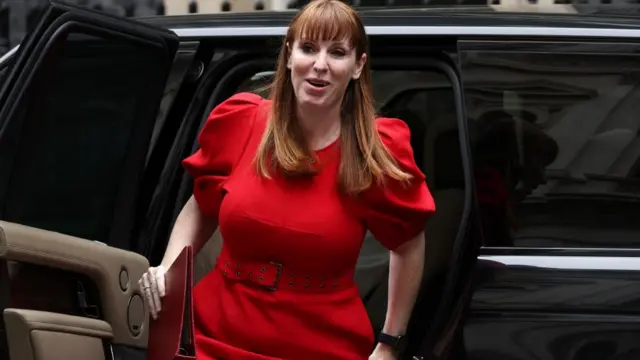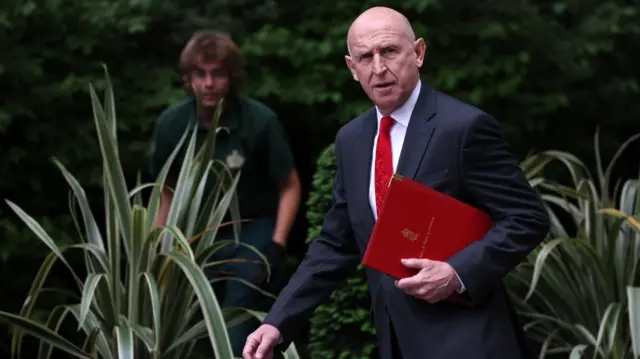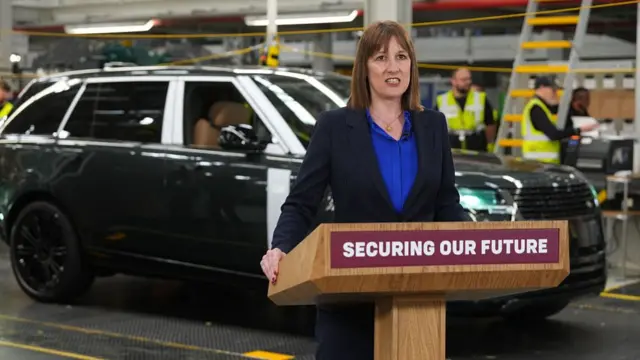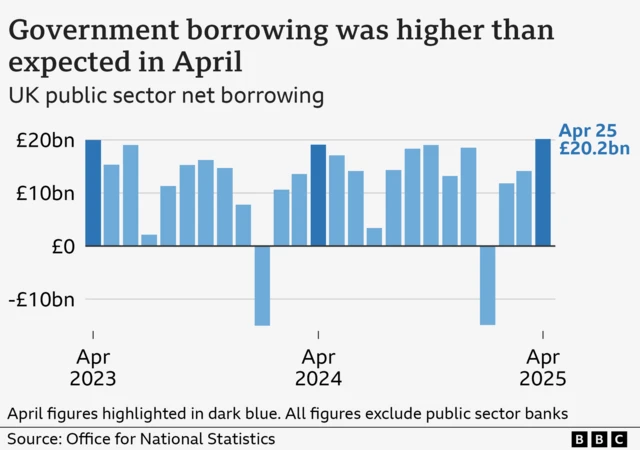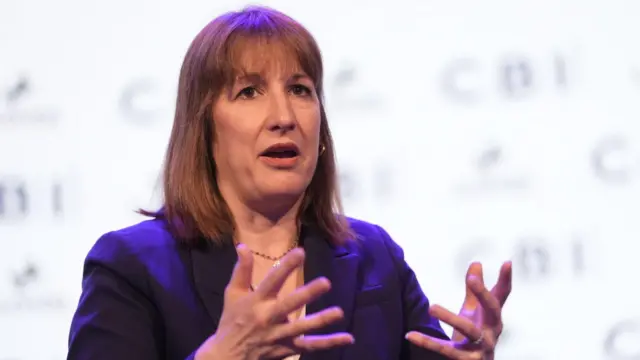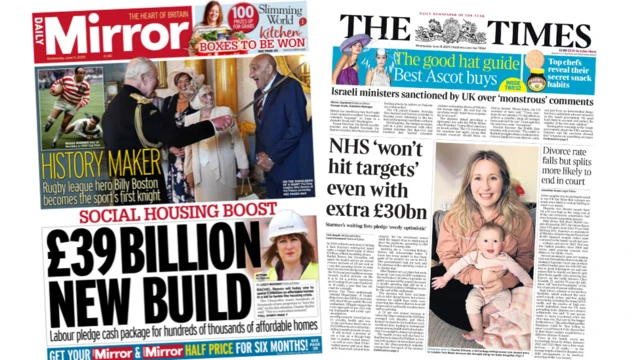A busy day for the chancellor - here's how it'll unfoldpublished at 10:11 BST 11 June
 Sam Hancock
Sam Hancock
Live editor
As mentioned in our last post, ministers are gathering for a special cabinet meeting ahead of the Spending Review. Here's what else is on today's jam-packed agenda.
PMQs in the Commons: It's business as usual for Keir Starmer, who'll be in the House of Commons for Prime Minister's Questions (PMQs) at midday, where he'll take questions from Tory leader Kemi Badenoch.
Straight after, the Spending Review: The chancellor will then take over from Starmer at the dispatch box, delivering her long-awaited review, setting out the government's spending plans for the next few years.
Questions from the opposition: Shadow chancellor Mel Stride will then get the chance to grill Reeves on her choices, followed by cross-party MPs.
Analysis and reaction from politicians, economists and our correspondents will follow - all of which we'll bring you right here on this page.
You'll also be able to watch PMQs and the Spending Review statement live at the top of the page, when the time comes.
